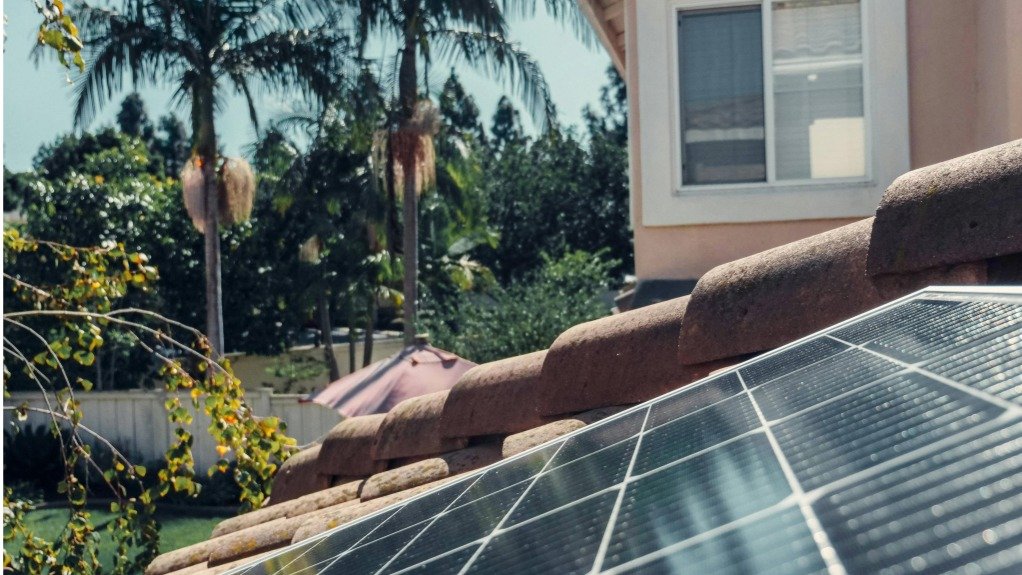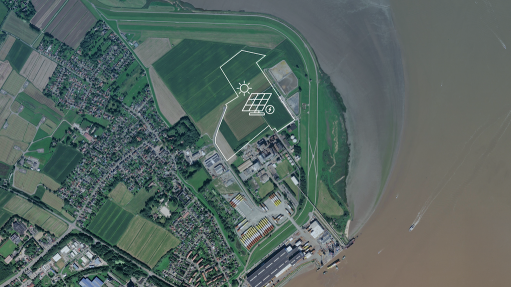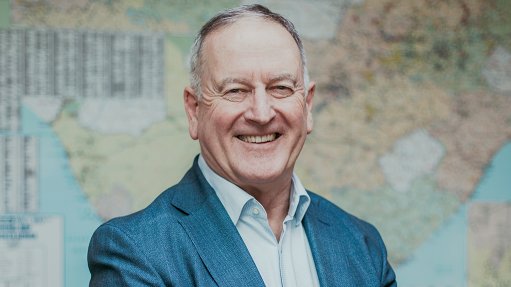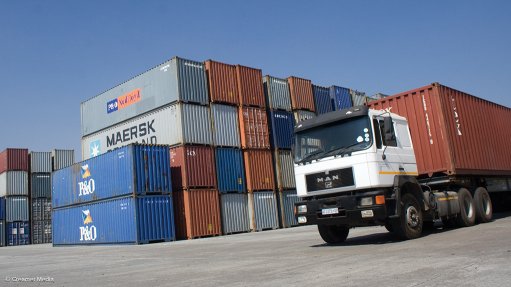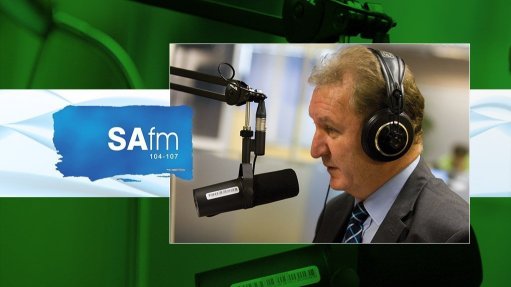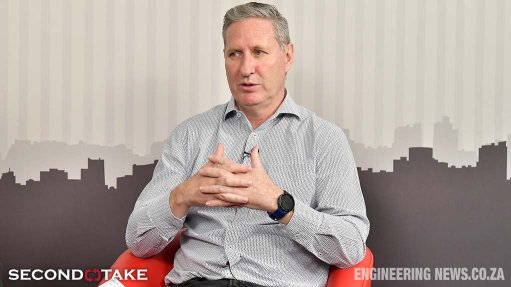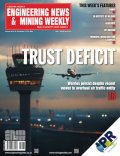Breaking barriers in South African solar: From tariff hikes to solar savings
This article has been supplied and will be available for a limited time only on this website.
By: Andrew Middleton - CEO of GoSolr
While there have been fewer dark days in 2025, South Africans have progressed from finding creative ways to battle power outages to a new cycle of rising bills and changes in tariffs as the national power utility still battles to reliably meet our power needs.
This year alone, Eskom direct customers faced a 12.74% tariff increase, while municipal customers experienced a slightly lower increase of 11.32%. In addition, as NERSA (National Energy Regulator of South Africa) confirmed that tariffs will increase by 8.76% in 2026/27 (instead of the previously approved 5.36%), and by 8.83% in 2027/28 (as opposed to the previously approved 6.19%), many are left wondering what else can be done to secure stable energy while managing affordability issues.
The revision over the next two years, which forms part of the NERSA Revenue Recovery Plan, is a settlement between Eskom and NERSA to correct a R54 billion revenue shortfall that NERSA admits it miscalculated. The original price hikes approved for 2026 and 2027 were based on a data input error that affected Eskom's allowable revenue. To avoid a prolonged legal battle, NERSA agreed to allow Eskom to recover the R54 billion from consumers through additional, phased-in tariff increases over the next few years.
“The new fixed charges and rising tariffs are not just an inconvenience; they are a fundamental challenge to the financial stability of households and businesses and a key issue that we as an industry are trying to tackle, looking at how best to support South Africans who are desperate for a reprieve,” said Andrew Middleton, CEO of GoSolr.
“While it is true that our electricity is going to cost more in the coming years, there are positive elements in the mix as well, as we continue to shape our residential solar offering while witnessing continued growth and innovation across the sector from competitors and partners who are rolling out much needed renewable energy alternatives,” says Middleton.
Policy shifts are paving the way for private generation, and some municipalities are pioneering the use of smart grid technology and feed-in tariffs (systems that allow homeowners to sell their excess solar-generated electricity back to the grid for credit on their utility bills).
Reinforcing the case for solar
South Africa is one of the sunniest countries in the world, with over 2,500 hours of sunlight annually. This abundance of sunshine and long peak sun hours means solar panels can operate at maximum capacity for much of the day, generating significant electricity.
Beyond residential, there are business implications to power shortfalls
The shift to clean energy is not just a trend; it's a necessity as we enter the warmer months, coinciding with ongoing pricing and performance challenges. The impact on the economy, small businesses, households, and the country as a whole due to production and supply shortfalls of the national power utility cannot be ignored. Disruptions to businesses, a reduction in productivity, and the ability to discourage investment will all lead to economic losses. “While our focus is on the residential market, we cannot overlook how the mining, manufacturing, and retail sectors suffer the most, with GDP growth slowing and unemployment rising,” says Middleton. “Wherever you look, solar is a huge necessity”.
So why then are we still experiencing some barriers to adoption?
"Many homeowners still have the wrong understanding of the options now available on the market, dismissing the idea of renewable solar due to the perceived cost”, says Middleton.
Installing a system can cost anything from R80,000 to R300,000, and added to this are the ongoing maintenance costs, which also fall to the homeowner. There has also been concern around Eskom's insistence that installations must be signed off by a professional engineer - a step that could cost homeowners up to R20,000.
He goes on to mention that Eskom recently revealed that the South African Bureau of Standards (SABS) is finalising regulations that would enable electricians to sign off on installations for registration purposes. "This would mean that homeowners would be able to apply for a Certificate of Compliance (CoC), which would bring this cost down significantly".
That said, the installation cost for a residential rooftop PV installation remains out of reach for most South Africans. Middleton believes there is a viable alternative: “Subscription solar and rental models are strategically designed to break down this barrier, increasingly finding ways to empower people to take back control of their energy future with simple, flexible options that require no upfront payments and include maintenance and insurance,” explains Middleton.
“We see a future where South Africa is powered by distributed, reliable, and sustainable sources and we’re working towards this by not only providing solutions but also acting as a trusted advocate and a leader in the space. We are committed to a future where South Africans can thrive, free from the constraints of an unstable grid", Middleton concludes.
Comments
Press Office
Announcements
What's On
Subscribe to improve your user experience...
Option 1 (equivalent of R125 a month):
Receive a weekly copy of Creamer Media's Engineering News & Mining Weekly magazine
(print copy for those in South Africa and e-magazine for those outside of South Africa)
Receive daily email newsletters
Access to full search results
Access archive of magazine back copies
Access to Projects in Progress
Access to ONE Research Report of your choice in PDF format
Option 2 (equivalent of R375 a month):
All benefits from Option 1
PLUS
Access to Creamer Media's Research Channel Africa for ALL Research Reports, in PDF format, on various industrial and mining sectors
including Electricity; Water; Energy Transition; Hydrogen; Roads, Rail and Ports; Coal; Gold; Platinum; Battery Metals; etc.
Already a subscriber?
Forgotten your password?
Receive weekly copy of Creamer Media's Engineering News & Mining Weekly magazine (print copy for those in South Africa and e-magazine for those outside of South Africa)
➕
Recieve daily email newsletters
➕
Access to full search results
➕
Access archive of magazine back copies
➕
Access to Projects in Progress
➕
Access to ONE Research Report of your choice in PDF format
RESEARCH CHANNEL AFRICA
R4500 (equivalent of R375 a month)
SUBSCRIBEAll benefits from Option 1
➕
Access to Creamer Media's Research Channel Africa for ALL Research Reports on various industrial and mining sectors, in PDF format, including on:
Electricity
➕
Water
➕
Energy Transition
➕
Hydrogen
➕
Roads, Rail and Ports
➕
Coal
➕
Gold
➕
Platinum
➕
Battery Metals
➕
etc.
Receive all benefits from Option 1 or Option 2 delivered to numerous people at your company
➕
Multiple User names and Passwords for simultaneous log-ins
➕
Intranet integration access to all in your organisation



